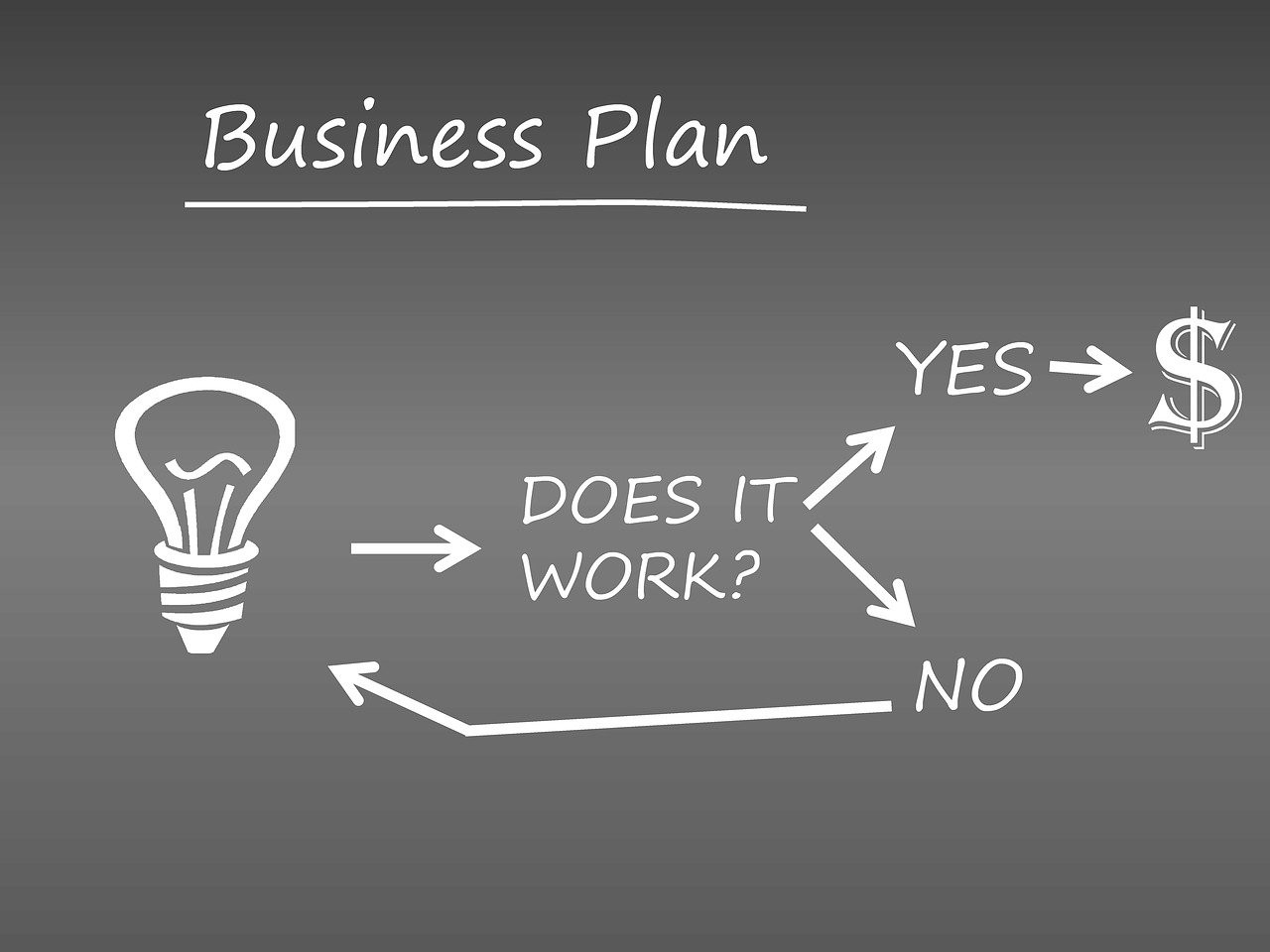Business Plan for Startups
Business Plan for Startups
Business
plan for startups will be required at some stage or other.
- Helps in disciplined thinking
- Sets Milestones
- Faster Proactive action if any surprises from environment
- A Business Plan for startups is a must during growth stage and seeking external funds
“A goal without a plan is just a wish.” – Antoine de Saint-Exuper


7 Common Myths About Business Plans
However, many entrepreneurs often question the need and usefulness of business plans, leading many to forego them completely.
Depending on your company, your business plan will either be short or long, or somewhere in between. The only important thing is that the plan has the correct information and structure.
Uwe Dreissigacker
https://startupnation.com/start-your-business/business-plans-common-myths/
Image Courtesy: tumisu
Business Plan for startups- Elements
- Executive Summary
- Product or service
- Management Team
- Market and Competition
- Marketing and Sales
- Technology and Operations
- Business system and schedule and risk mitigation
- Financial Planning and Financing
Business Plan for Startups -Critical Components for each element
Executive Summary
I. Executive summary not more than two pages
II. Prepare once the full business plan is ready
III. A key to meet potential Investors
IV. Helps to make elevator pitch
V. Can attract other stakeholders
Product or Service
- The product/service concept
- What customer needs, will be fulfilled
- How your product/service differs from the competitors
- Ability to protect/sustain the innovation
- Stage of development of the product/service
- Quality specifications/regulatory requirements
Management Team
1.
Team should have
sound domain Knowledge
2. Complementary Skills
3. A clear CEO for the team
The investors look at the team strengths and market opportunity
Project A:
An investor gives a score of 8/10 for the idea and for the team 6/10
Project B:
The same investor gives a score of 6/10 for idea and for the team 8/10
The chances of investments in project B are brighter.
Competition, Marketing and Sales
1.
Formal S&M strategy Planning vital,
even when not seeking external funds
2. Market analysis is critical for preparing business plan
- Startup entrepreneurs also need to have a knowledge of their competitors and their tactics
- Marketing precedes sales
Technology and Operations
Operations Strategy deals with how you buy, build and prepare
your product or service for sale. This covers a lot of ground, including
sourcing raw materials, processes for conversion/ technology, hiring labor,
acquiring assets, quality, waste reduction, reliability and shipping the
finished goods. These components are different depending on whether you are a
manufacturer, a retailer or a service firm.
- Cost & Quality key factors
- Costs in operations are internal to the organizations
- Right from day one, startups should focus on Operational Excellence
- Operational decisions are strategic to meet customer expectations
- Operational excellence wins customer loyalty
Risk Mitigation
Risk Assessment is always
associated with any business. Risk vs. Return assessment is what an
entrepreneur should evaluate. The higher the risks the higher are the returns.
1) Formulate strategy to mitigate risks
2) A must to acquire funds
3) Improves success rate of businesses
Financing
1. Own
funds- Bootstrapping
I. Minimizes the lead time to start business
II. Do not plan for aggressive growth
III. Avoid Credit Sales unless you can devote time for follow up and collection of payments
IV. Build relations with your banker by channeling all your revenue through a bank.
2. Debt
I. Working Capital loan smoothens Cash Flow
II. Enables asset Acquisition
III. Loan repayment Credibility
IV. Relationship with bankers right from the word go
V. Entrepreneur still retains control of business
3. Crowd Funding
This concept is of recent origin. It is a unique way of raising funds from customers or supporters of the idea through internet platform. There are many websites which helps startup entrepreneurs to get funds for the idea.
However, there are concerns about the success of ideas funded as due diligence done by a banker or VC is missing.
4. Angel Funding
Angel investments are by individuals who are passionate about supporting entrepreneurship community.
- A source of funding from idea stage to prototype
- Promotes Innovation
- Angels have larger network than startups
5. Venture Capital
Venture Capitalists (VC) are a group of individuals with a professional CEO running the venture firms. VCs support startup growth from seed to much later stages.
i. A high risk- high return game
ii. Hit rate of getting funds is low
iii. Funding is for growth stage and is in excess of $ 1 million
iv. Criteria in respect of market growth and entrepreneur capability- A CRITICAL FACTOR
v. A strategic partner
vi. Significant Wealth creation opportunity
vii. Entrepreneur surrenders freedom
6. Equity- Public Share holding
This is the dream of all entrepreneurs who start business.
*The company is evaluated on three variables by public and investor fraternity.
1. Growth
2. Predictability
3. Profitability
Only the company which gets a reasonable score on all three parameters should attempt to go public. Investors are aware it is difficult to get a score of 10/10 on all parameters. Ultimately, risk associated with any business needs to be factored before going public.
The cost of going public is one of the factors to be taken into account as money has to be spent upfront before you can raise capital.
*Rosto Ravanan’s advice on taking the company public from Subroto Bagchi’s book-‘The High Performance Entrepreneur’
Business Plan for Startups- Parting Word

1. A startup may not prepare a business plan in the beginning
2. Exceptions are for those who seek seeds funds
3. Growth stage needs funds and hence business plan is a requirement
4. If you do not plan you plan to fail !!

